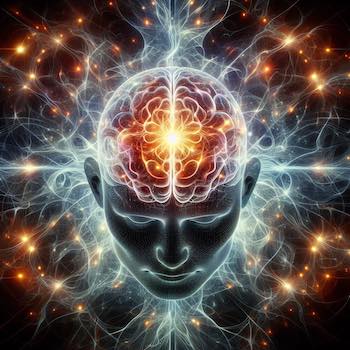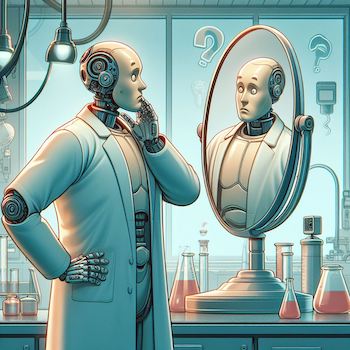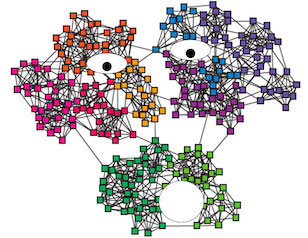Quantum consciousness in 2024
Abstract: Quantum and conscious mysteries are brought together in the quantum theory of consciousness, where the phenomenon is attributed to the interaction between neurotransmitters and the zero-point field (ZPF). A materialist success, but a philosophical farce, since the qualitative richness of consciousness is not taken into account. A nugget, though: the theory is a simple … Read more










